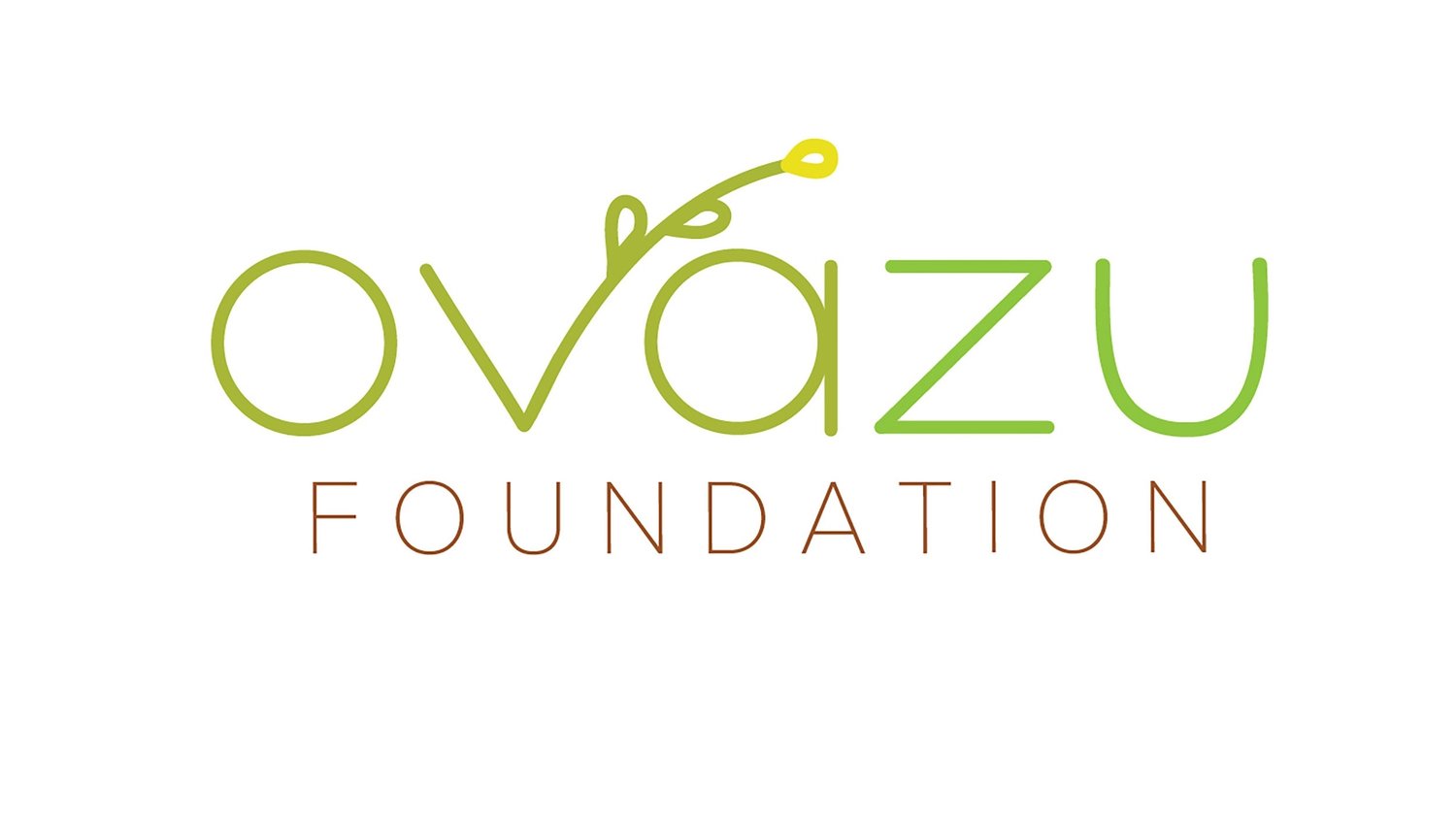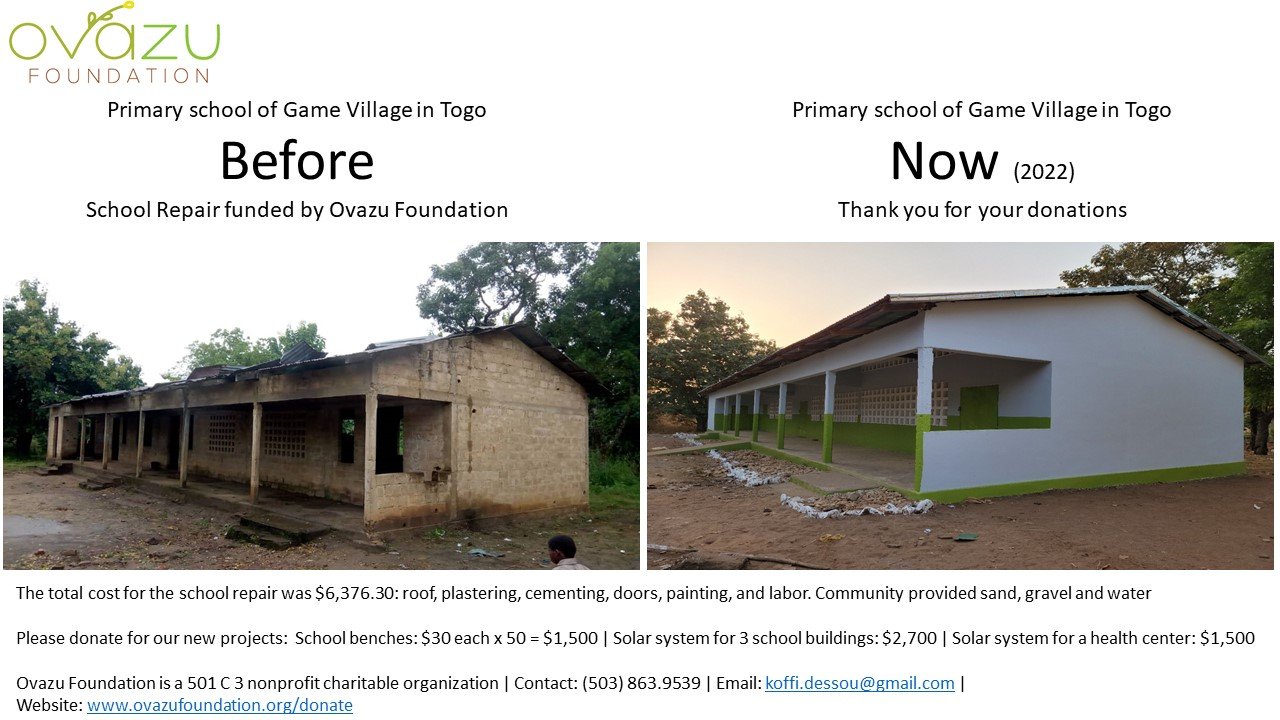Evolution of Clean Water Supply in a village in Togo
Togo Clean Water Program
The first well in the village of Gamé started in 2006 when Lori Shippy, a former U.S. Peace Corps Volunteer in Togo, raised funds in the U.S., and transferred the funds to Koffi Dessou. Koffi worked with a local Togolese NGO ADHD that supervised the construction of five wells in three neighboring villages.
Transportation of sand to the site
People in the villages contributed with sand, water, transportation, and labor. The funds helped to purchase manufactured materials, such as cement and iron bars.
Well digging began
Well digging continued
Newly completed well
A new well brings joy in the village. Children have more time in the morning to prepare for school. They have more time in the evening to do their homework and play before sunset.
Joyful children near the new well
The governmental water and sanitation agency is discouraging the traditional water wells because the maintenance is complex and the potential for water contamination is high. A new form of water project has emerged.
Togo Educational Support Program
In 2016, Ovazu Foundation provided funding up to $3,890 to support two students (a girl and a boy) in a local professional college in Togo. The funding covered registration fees ($200), annual tuitions ($2,000), laptops ($400), annual rent ($290), supplies ($800), and administration expenses ($200). Ovazu Foundation will continue supporting the students until they graduate from college in 2018.
Additionally, in 2016, Ovazu Foundation contributed up to $500 for the purchase of books required for a middle school of the Village of Gamé in Togo and $100 for miscellaneous and transportation expenses. The books are for math, biology, physics, chemistry, French, and English courses. Local volunteers coordinate the charitable donations with students, teachers, and administrators.
Togo Health Support Program
In 2016, Ovazu Foundation provided funding up to $900 to purchase locally first aid medical supplies and medicines recommended by a pharmacist or physician for the dispensary of the village of Gamé in Togo. The first aid supplies include injury treatment, snake bite treatment, malaria prevention and treatment products, children’s products, and gas to run refrigerator for the conservation of medicines in a village without electricity.







